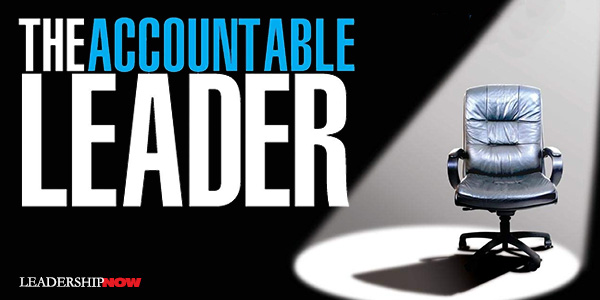 |
 |
01.09.09

The Accountable Leader
BRIAN DIVE tells us in The Accountable Leader that many organizations have difficulty developing leaders and fostering effective leadership because they have never considered the context they must lead in. The organization must be structured, Dive contends, so that all leadership roles from top to bottom have well-defined decision rights. In other words, accountability needs to be structured into the very fiber of the organizational architecture at all levels. Accountability, organizational design, and leadership are three inextricably linked factors. An organization is in flow, or in a state of equilibrium, when the required number of management layers (vertical architecture) matches the effective reach (or span of control) over the relevant resources that the organization needs in order to achieve its purpose. After briefly explaining the problem and the key concepts used in correcting it, he begins to present the practical application of his ideas for creating accountability within an organization. He addresses questions such as: How many layers of management are necessary? How do leadership requirements change at different levels? How can potential leaders be identified? How can they be developed? How should people be rewarded?Beyond the useful correctives to organization architecture and accountability, Dive also makes an important distinction between Managerial leadership (operational in nature) and Strategic leadership (changing the organization) for leadership development. Each requires different abilities and approaches in decision-making style and accountability. “Operational accountability is ensuring that existing assets and resources continue to perform better. The resources are given. Problem-solving remains related to actual events, rather than the abstract.” With Strategic accountability, “problem-solving moves into the abstract domain. Solutions have to be found that require mental modeling, as they do not yet physically exist.” On leadership development, Dive writes that “many organizations still confuse values, skills, and competencies” and “it is one of the main reasons why so many leadership development programs fail.” Here are several thoughts in this regard: Although values and skills, especially technical skills, play an important role in who should work in an organization, they are not reliable guides for the assessment of potential and who should be promoted. 
Posted by Michael McKinney at 09:01 AM
|
BUILD YOUR KNOWLEDGE
 

How to Do Your Start-Up Right STRAIGHT TALK FOR START-UPS 
Grow Your Leadership Skills NEW AND UPCOMING LEADERSHIP BOOKS 
Leadership Minute BITE-SIZE CONCEPTS YOU CAN CHEW ON 
Classic Leadership Books BOOKS TO READ BEFORE YOU LEAD |